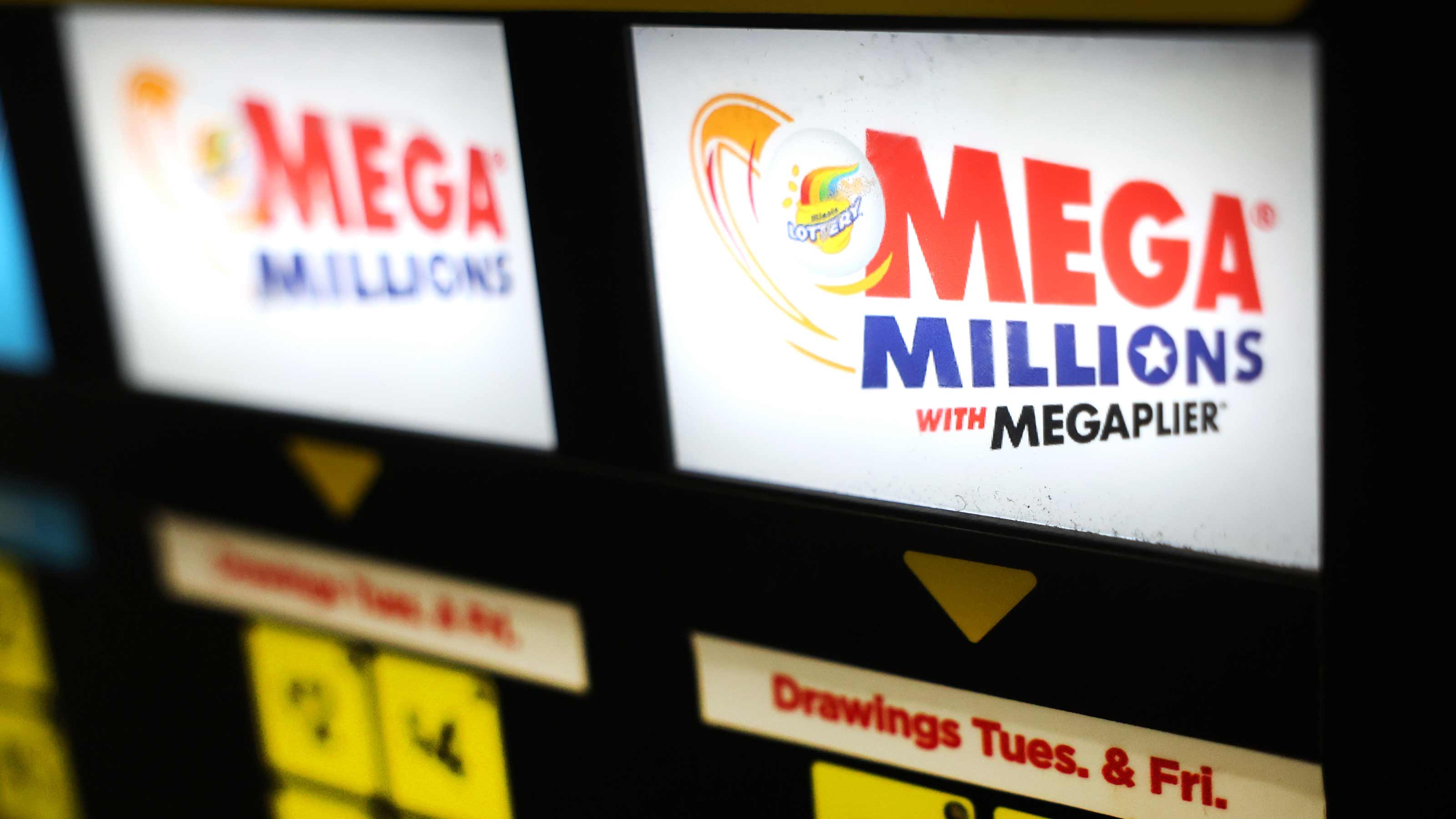Turn Your Finances Into a Game
Playing games makes people feel good. Can that translate into saving and spending more wisely?

Profit and prosper with the best of Kiplinger's advice on investing, taxes, retirement, personal finance and much more. Delivered daily. Enter your email in the box and click Sign Me Up.
You are now subscribed
Your newsletter sign-up was successful
Want to add more newsletters?

Delivered daily
Kiplinger Today
Profit and prosper with the best of Kiplinger's advice on investing, taxes, retirement, personal finance and much more delivered daily. Smart money moves start here.

Sent five days a week
Kiplinger A Step Ahead
Get practical help to make better financial decisions in your everyday life, from spending to savings on top deals.

Delivered daily
Kiplinger Closing Bell
Get today's biggest financial and investing headlines delivered to your inbox every day the U.S. stock market is open.

Sent twice a week
Kiplinger Adviser Intel
Financial pros across the country share best practices and fresh tactics to preserve and grow your wealth.

Delivered weekly
Kiplinger Tax Tips
Trim your federal and state tax bills with practical tax-planning and tax-cutting strategies.

Sent twice a week
Kiplinger Retirement Tips
Your twice-a-week guide to planning and enjoying a financially secure and richly rewarding retirement

Sent bimonthly.
Kiplinger Adviser Angle
Insights for advisers, wealth managers and other financial professionals.

Sent twice a week
Kiplinger Investing Weekly
Your twice-a-week roundup of promising stocks, funds, companies and industries you should consider, ones you should avoid, and why.

Sent weekly for six weeks
Kiplinger Invest for Retirement
Your step-by-step six-part series on how to invest for retirement, from devising a successful strategy to exactly which investments to choose.
No one would disagree that taking the time to manage your finances is rewarding, at least in the long run. But few would call it fun. That's changing, however, as financial institutions and Web sites start to take cues from World of Warcraft, Farmville and other games. Why? Consider that more than 180 million people in the U.S. play video games for an average of more than 56 hours each month, according to a 2012 report from Filene Research Institute, a credit union think tank. In fact, in the U.S. games account for nearly half of the time spent on mobile apps. By contrast, consumers spend less than three hours per month on financial planning and budgeting.
What if you could "gamify" your finances? Gamification—and yes, there is such a buzzword—refers to the application of game design and mechanics to engage audiences and solve problems. The intent is to harness the positive chemical reactions that humans experience when interacting with games. Gabe Zichermann, author of Gamification Revolution, lists three main gamification elements: feedback (think progress bars, leader boards or badges), friends (collaborating with or measuring yourself against colleagues, family, friends or the real world) and fun (almost anything, from completing a quest to playing a role to participating in a casino-like slot or scratch-off game).
Big winners. Gamification has been successful in a number of areas, including finance. During a six-month pilot last year, for example, 14 credit unions encouraged members to use SaveUp, a site that employs principles of game design to reward responsible behaviors, such as whittling debt, boosting savings and improving financial literacy (by watching targeted videos, say, or taking quizzes). At the end of the pilot, 55% of users said the program motivated them to pay down debt, increase savings or both. Along the way, users watched more than 7,800 videos and nearly 250 won prizes, among them several $1,000 prize winners.
From just $107.88 $24.99 for Kiplinger Personal Finance
Become a smarter, better informed investor. Subscribe from just $107.88 $24.99, plus get up to 4 Special Issues

Sign up for Kiplinger’s Free Newsletters
Profit and prosper with the best of expert advice on investing, taxes, retirement, personal finance and more - straight to your e-mail.
Profit and prosper with the best of expert advice - straight to your e-mail.
SaveUp users register their various financial accounts at the site, including savings and checking accounts, credit cards, student loans, IRAs, and so on. (The site has bank-level encryption, and financial-account numbers and log-ins are not saved.) A positive financial action earns you credits. Redeem your credits to play various games and you might win prizes ranging from gift cards to a car or vacation to a $2 million jackpot. And SaveUp periodically poses challenges to its users. Last January, for example, the site offered one entry toward $10,000 in cash prizes for every day that you did not spend money.
A host of other game-savvy sites are focused on finances. Payoff aims to help you pare debt and save money; PiggyMojo and ImpulseSave focus on turning thoughtless spending into thoughtful saving. Wall Street Survivor is a virtual stock market game in which users complete "missions" (and earn virtual rewards) by reading articles, watching videos and taking quizzes about investing concepts before managing a virtual portfolio.
Study up. Before you play one of these games, make sure the provider's interests are aligned with yours. The potential for manipulation—to get you to use a particular service or product—shouldn't be overlooked, especially where money is concerned. "Just because an experience is fun and your friends are doing it doesn't mean you don't have to do your research," cautions Zichermann.
And prepare to engage with your finances more often. SaveUp CEO Priya Haji says that some 25% of registered users come to SaveUp's site every day. Look at it this way, she says: If dealing with your personal finances is akin to taking your vitamins, then gamifying your finances is like taking gummy vitamins.
Anne Kates Smith is a senior editor of Kiplinger’s Personal Finance magazine.
Profit and prosper with the best of Kiplinger's advice on investing, taxes, retirement, personal finance and much more. Delivered daily. Enter your email in the box and click Sign Me Up.

Anne Kates Smith brings Wall Street to Main Street, with decades of experience covering investments and personal finance for real people trying to navigate fast-changing markets, preserve financial security or plan for the future. She oversees the magazine's investing coverage, authors Kiplinger’s biannual stock-market outlooks and writes the "Your Mind and Your Money" column, a take on behavioral finance and how investors can get out of their own way. Smith began her journalism career as a writer and columnist for USA Today. Prior to joining Kiplinger, she was a senior editor at U.S. News & World Report and a contributing columnist for TheStreet. Smith is a graduate of St. John's College in Annapolis, Md., the third-oldest college in America.
-
 How Much It Costs to Host a Super Bowl Party in 2026
How Much It Costs to Host a Super Bowl Party in 2026Hosting a Super Bowl party in 2026 could cost you. Here's a breakdown of food, drink and entertainment costs — plus ways to save.
-
 3 Reasons to Use a 5-Year CD As You Approach Retirement
3 Reasons to Use a 5-Year CD As You Approach RetirementA five-year CD can help you reach other milestones as you approach retirement.
-
 Your Adult Kids Are Doing Fine. Is It Time To Spend Some of Their Inheritance?
Your Adult Kids Are Doing Fine. Is It Time To Spend Some of Their Inheritance?If your kids are successful, do they need an inheritance? Ask yourself these four questions before passing down another dollar.
-
 Money for Your Kids? Three Ways Trump's ‘Big Beautiful Bill’ Impacts Your Child's Finances
Money for Your Kids? Three Ways Trump's ‘Big Beautiful Bill’ Impacts Your Child's FinancesTax Tips The Trump tax bill could help your child with future education and homebuying costs. Here’s how.
-
 Key 2025 Tax Changes for Parents in Trump's Megabill
Key 2025 Tax Changes for Parents in Trump's MegabillTax Changes Are you a parent? The so-called ‘One Big Beautiful Bill’ (OBBB) impacts several key tax incentives that can affect your family this year and beyond.
-
 What Does Medicare Not Cover? Eight Things You Should Know
What Does Medicare Not Cover? Eight Things You Should KnowMedicare Part A and Part B leave gaps in your healthcare coverage. But Medicare Advantage has problems, too.
-
 QCD Limit, Rules and How to Lower Your 2026 Taxable Income
QCD Limit, Rules and How to Lower Your 2026 Taxable IncomeTax Breaks A QCD can reduce your tax bill in retirement while meeting charitable giving goals. Here’s how.
-
 How I'm Going to Invest My Mega Millions Lottery Jackpot
How I'm Going to Invest My Mega Millions Lottery JackpotThe odds of winning the Mega Millions lottery are effectively zero, but here's how I'm investing my fortune should I hit the jackpot.
-
 How to Benefit From Rising Interest Rates
How to Benefit From Rising Interest RatesFinancial Planning Savers will get the best rates from top-yielding savings and money market deposit accounts at online banks.
-
 Four Random Facts and Thoughts About Warren Buffett
Four Random Facts and Thoughts About Warren BuffettIf I love Warren Buffett so much why don't I just marry him?
-
 Investing in Gold Is Dumb
Investing in Gold Is DumbStocks are better than gold for both generating wealth and offering protection against inflation.